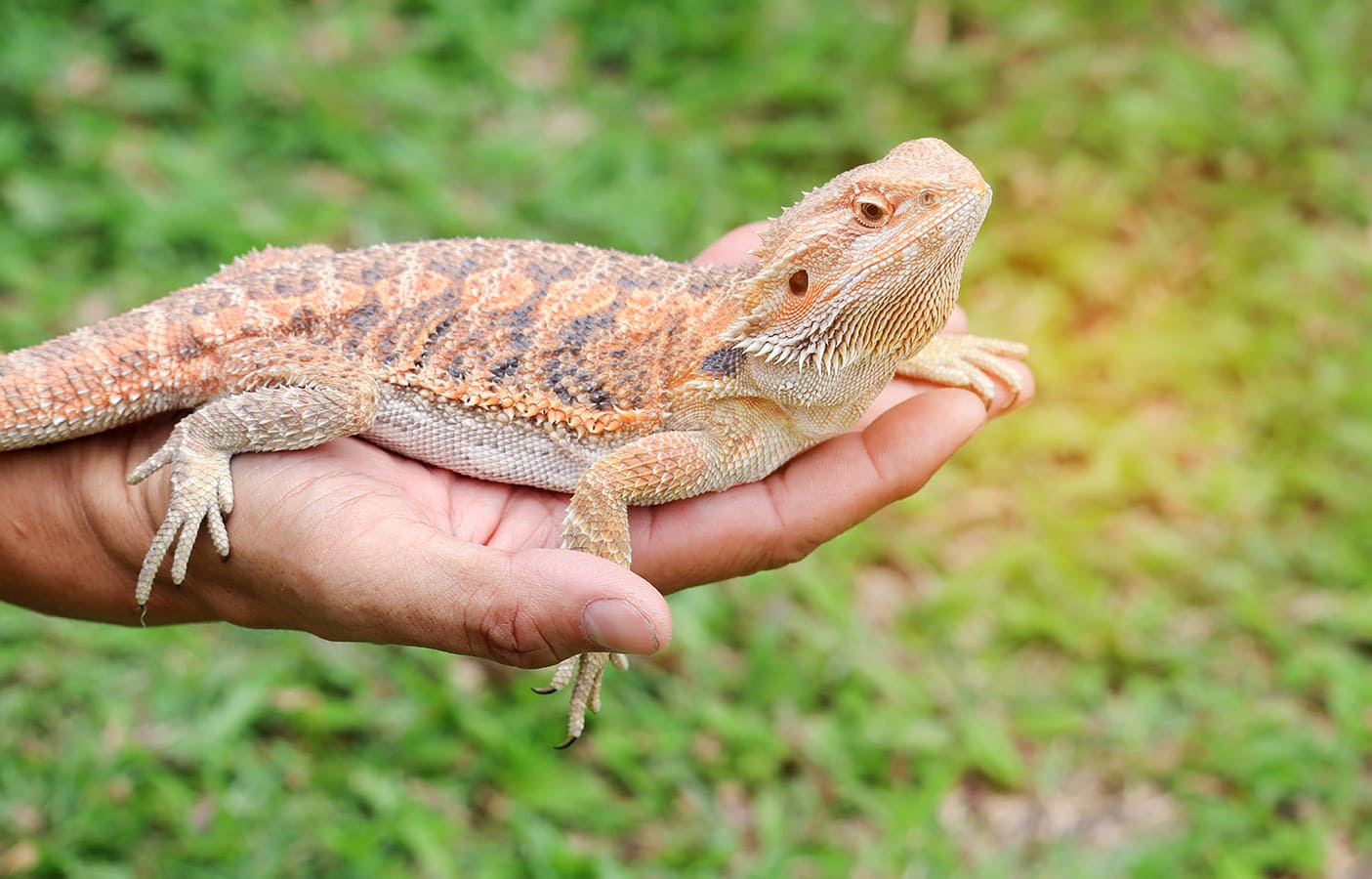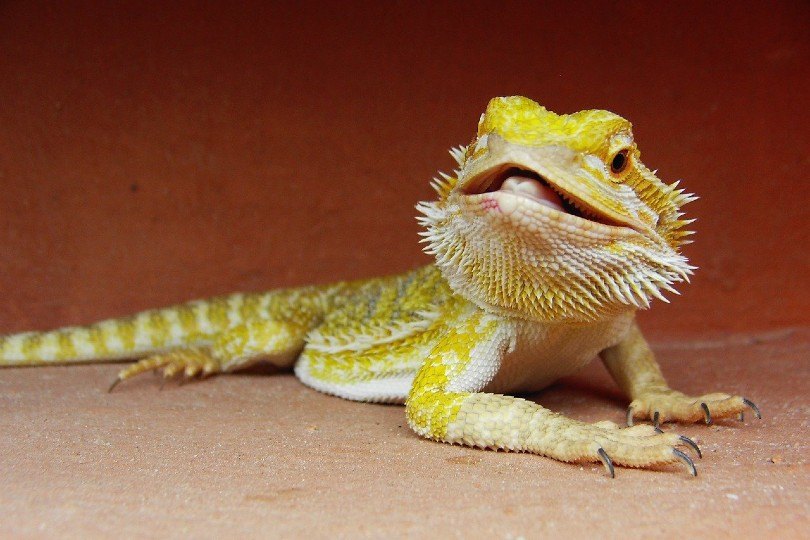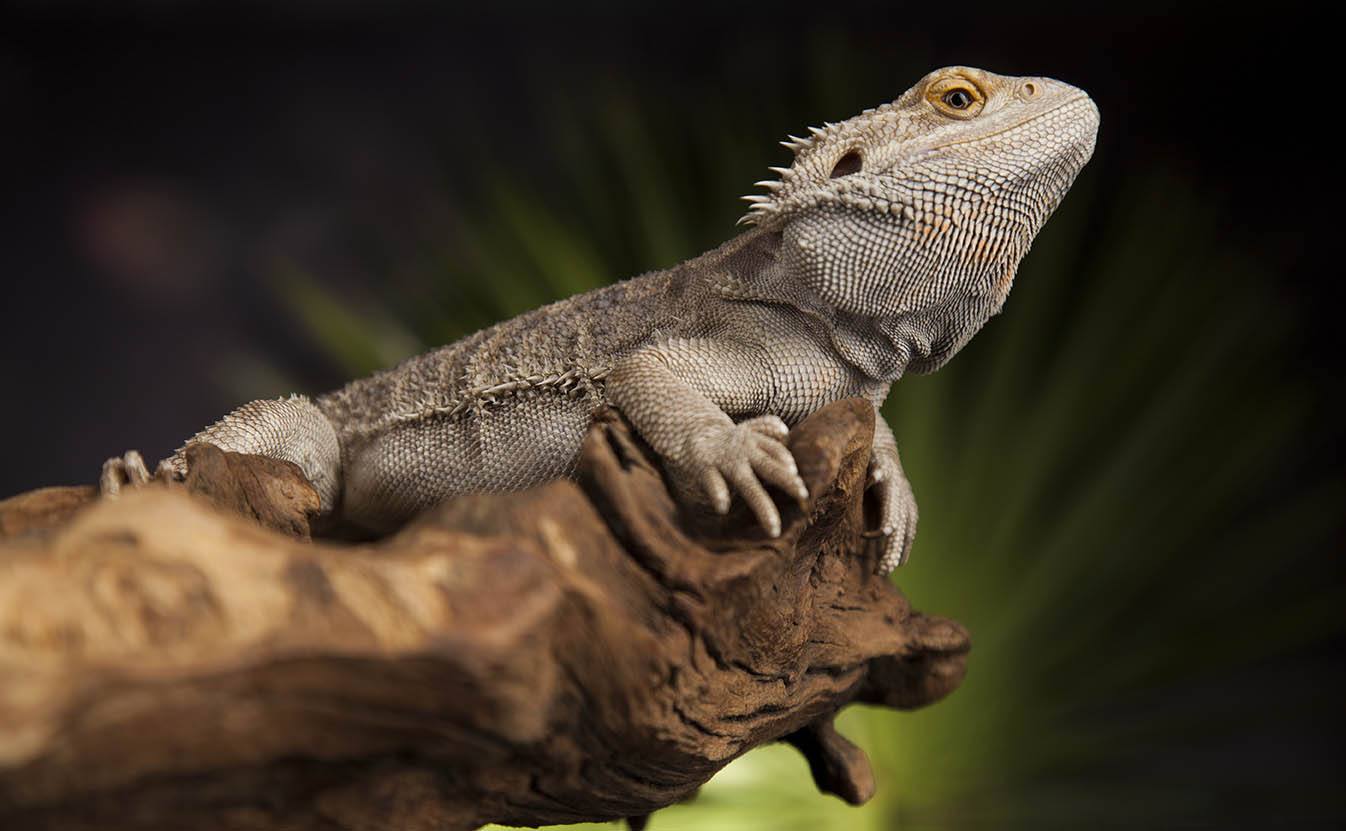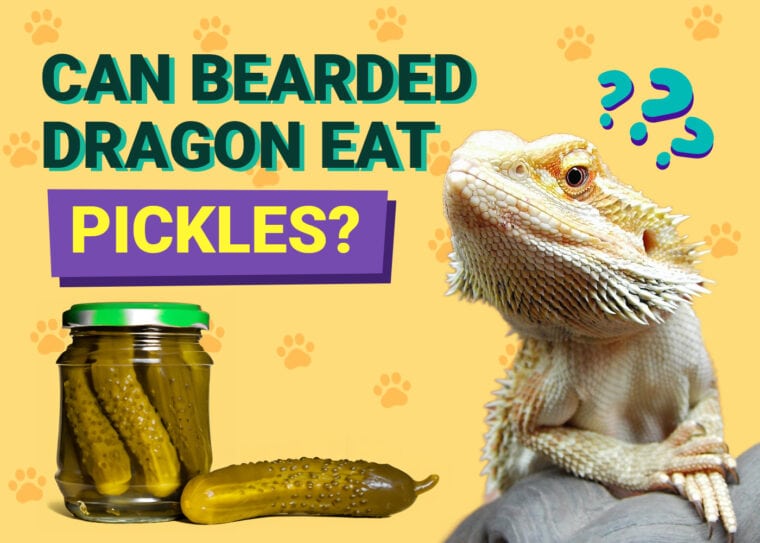
Bearded dragons are popular reptiles to keep as pets. They have very specific dietary requirements and although they may show interest in certain foods, it doesn’t necessarily mean they’re safe for them to eat.
That includes pickles, which aren’t good for your bearded dragons due to their high vinegar and salt content. If your bearded dragon seems interested in eating pickles, that’s mainly because the strong vinegary scent may appeal to them.
Unfortunately, pickles have certain ingredients that aren’t good for your bearded dragon’s stomach. If you want to read more about the ideal diet for your reptilian pet, you’re at the right place.
Can a Bearded Dragon Eat Pickles?
No, a bearded dragon shouldn’t eat pickles since they contain high levels of sodium and are acidic, which can result in gastrointestinal irritation for your beardie among other issues.
Some may tell you a pickle is safe for your bearded dragon to eat if it’s washed, but that’s not true. Since pickles undergo fermentation, the cucumber fully absorbs the brine’s sodium, vinegar, spices, and artificial preservatives. That’s why washed pickles are unsafe for your bearded dragon to eat.
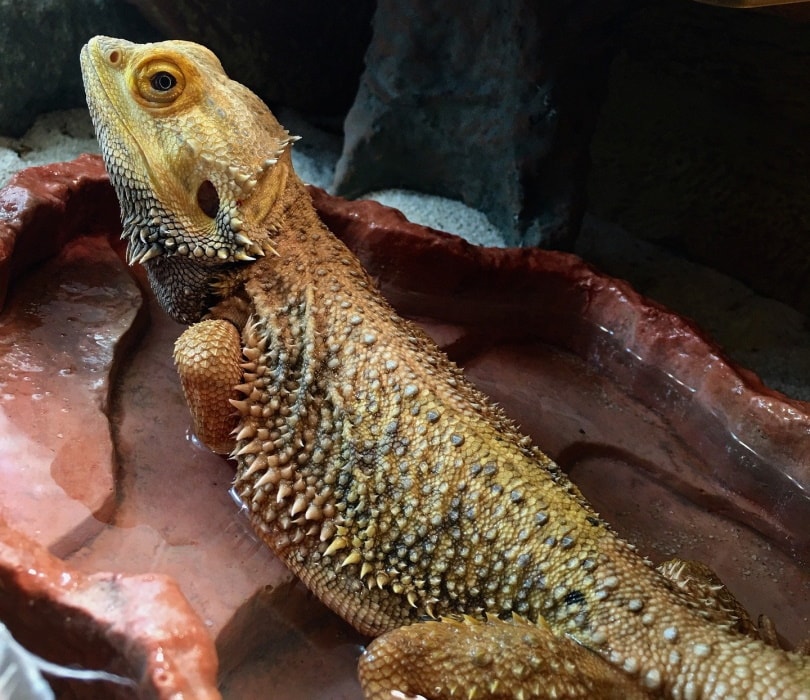
Why Your Bearded Dragon Cannot Eat Pickles
Bearded dragons are omnivores whose diet consists of plant and animal matter. But like any pet, they have specific dietary requirements, meaning certain foods, such as pickles, are off-limits. Here’s why your bearded dragon cannot have pickles:
What Should You Feed Your Bearded Dragon?
Bearded dragons are omnivores which means they eat both live invertebrates and plants and vegetables.
Their varied diet changes as they get older. When bearded dragons are young they need more protein in their diet which they get from insects and worms. As they get older their diet becomes more plant based. Feeding an appropriate and balanced diet can be complex, so speak to your exotics vet to make sure your bearded dragon is on the right diet.
Safe greens include watercress, rocket, chicory, cress and grated butternut squash as well as wild plants, dandelions and clover. They can also eat a variety of fruits such as apples, mango, grapes, kiwi. Fruit is high in sugar so should only be offered in small amounts.
You may feed them beet greens, spinach, and swiss chard. Since these foods have oxalates, it’s best to feed them sparingly, as they can bind to calcium and prevent its absorption.
You must also practice caution while feeding mustard greens, kale, or cabbage, as they are rich in goitrogens. These substances can suppress the thyroid gland function and disturb the iodine uptake of your bearded dragon. Excessive intake of these greens can result in hypothyroidism.
Bearded dragons can eat both cooked and raw vegetables but raw vegetables are usually best as they retain more nutrients.Remember to wash them thoroughly. You can chop and mix them to prevent choking and encourage a versatile flavor palate.
Lastly, it’s best to serve their food in a shallow and clean dish that cannot be easily tipped over.
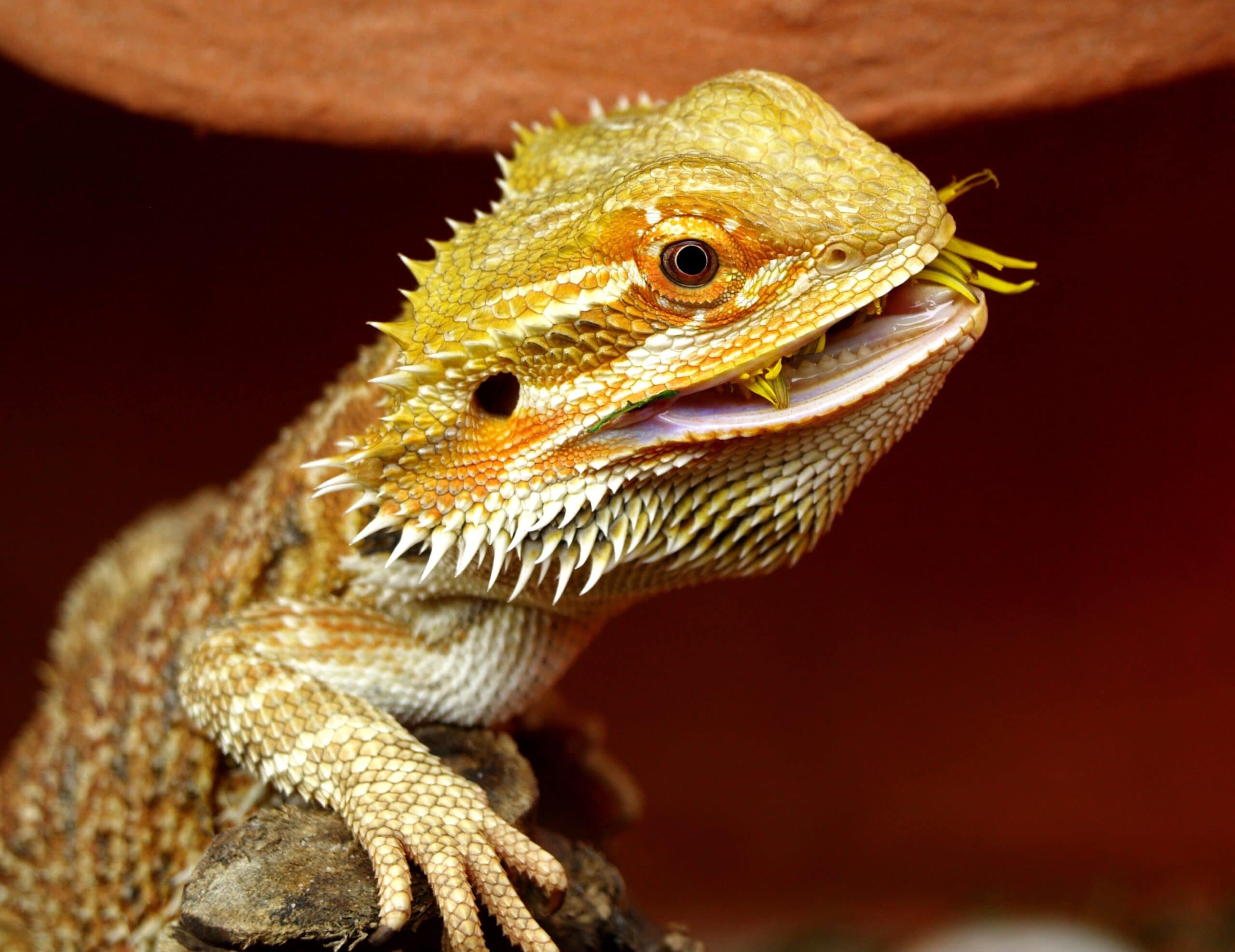
What Should You Not Feed Your Bearded Dragon?
Here are a few other foods you shouldn’t feed your bearded dragon:
Onions, Chives, Leeks, and Garlic
Whether raw or cooked, onions are completely off-limits for your bearded dragon as they’re too acidic for its digestive system. Other than that, it’s not wise to feed garlic, leeks or chives to your bearded dragon as they are all in the same allium family of vegetables.
Avocados and Rhubarb
Avocados are toxic and even lethal for your bearded dragon due to oxalic acid, making it impossible for the reptile to absorb calcium and other minerals. Rhubarb also contains high levels of this acid, making it a poisonous food.
Toxic, Poisonous, or Venomous Insects
It’s easy to assume all bugs are good for your bearded dragon, but that’s not true. For example, box elder bugs can be fatal for your reptilian friend, while ladybugs and fireflies can be poisonous. You must ensure that no foreign bugs get into your pet’s enclosure.
Caterpillars and butterflies can also be deadly to your bearded dragon if they have ingested some toxic plants without your knowledge. Besides that, it’s best to avoid centipedes, spiders, bees, hornets, scorpions, and wasps. If they enter your pet’s enclosure, they may sting or bite it.
 Conclusion
Conclusion
While pickles may be a tasty snack for humans, the same can’t be said for bearded dragons. Due to the high sodium and vinegar content, pickles are too harsh and acidic for a bearded dragon’s digestive system.
Aside from being bad for their health, pickles also provide no nutritional value and can even be a choking hazard for your reptilian pet. If your bearded dragon shows interest in pickles, you may feed them fresh cucumbers but no more than a small amount every couple of weeks should be offered.
Featured Image Credit: kasjanf, Pixabay



